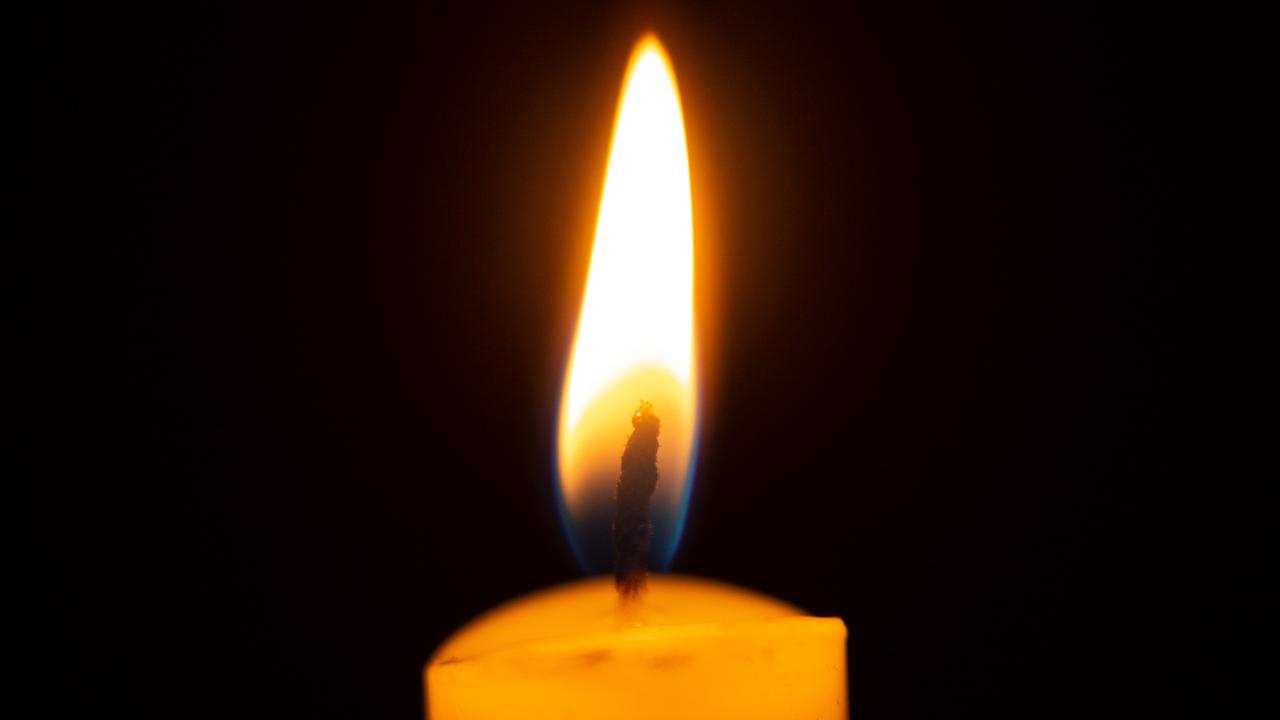The shot at Sarajevo that led to the First Great War
THE assassination of Archduke Franz Ferdinand on June 28, 1914, occurred more by chance than by good planning.
THE assassination of Archduke Franz Ferdinand on June 28, 1914, by Gavrilo Princip - the event which historians agree was the trigger that started World War I - occurred more by chance than by good planning.
In the end it was luck that placed Princip in the right place to assassinate the Archduke. This event then cascaded into a series of circumstances that eventually led to war.
As a student Gavrilo Princip had become imbued in the philosophy of a group called the “Young Bosnians”. Their outlook for Bosnia was that the cause of their country’s poverty and lack of educational opportunities was down to the harsh rule of the Hapsburg Austro- Hungarian Empire.
They believed the ills of Bosnian society and its lack of progress was the fault of Emperor Franz Josef and they saw a solution in the overthrow of the Hapsburg Empire and in its place the creation of a pan-Slavic state in which all Slavs could unite and determine their own future.
Many Bosnian students studying in neighbouring Serbia believed a telling blow needed to be made to the Austro- Hungarian Empire in order to weaken its control of Bosnia.
Some thought one way to do this would be to assassinate a high official of the Empire. When Franz Ferdinand, heir to the throne, announced he would visit Bosnia’s capital, Sarajevo, in order to inspect military exercises, many students became excited at the prospect of the Archduke being the target.
Under the direction of one Danilo Ilic, six students including Gavrilo Princip, plotted the Archduke’s demise. As he would be travelling down Sarajevo’s main street in a procession of cars, the conspirators decided to line themselves up in the crowd carrying revolvers and bombs.
As the entourage passed, the first conspirator would attempt the assassination and if he failed, the next in line would try and so on until someone was successful. They all carried cyanide tablets to be taken if captured.
On the day, nothing went according to plan. The first conspirator, Mehmedbasic, found himself standing next to a policeman as the entourage passed and so he did nothing.
The second, Cubrilovic, aged 17, thought he might miss and hit the Archduke’s wife Sophie and so he decided not to shoot.
The third conspirator, Popvic, was near-sighted and did not recognise the Archduke’s car as it passed by and so did nothing.
The impetuous Ned Cabrinovic, Princip’s friend, was next in line. As the Archduke’s car passed, he knocked the top off the detonator of his bomb and threw it at the Archduke’s car.
But he had forgotten there was a 12-second delay between activating the bomb and detonation. The bomb exploded in front of the next car, injuring two Hapsburg soldiers and 20 spectators.
The Archduke was unhurt.
Believing he had succeeded, Cabrinovic swallowed a cyanide tablet and leapt into the Miljecka River to drown himself. Neither worked. The cyanide was too weak and only made him sick while the river was too shallow.
He was immediately captured.
Princip, the next in line, heard the explosion and, believing the assassination had been successful, left his position as did Grabez - the sixth conspirator.
When Princip later heard that the attempt had been unsuccessful, he immediately moved to a position where the entourage was to pass later in the day in order to carry out another assassination attempt.
Princip entered Schiller’s Delicatessen near the Latimer Bridge and bought a cup of coffee to await the Archduke.
Meanwhile the entourage made it safely to the Town Hall where a furious Archduke announced that due to the bombing attempt, he would change the route for the afternoon’s procession.
From the Town Hall, the procession would go down the main street and then directly to the hospital in order to visit his two wounded soldiers.
It would no longer turn off at the Latimer Bridge into Rudolf St and into the old town. It would therefore no longer go past Schiller’s Delicatessen.
Gavrilo Princip was now waiting for his moment of destiny in the wrong place.
As the procession restarted, the Archduke, his wife Sophie and the governor of Bosnia, Potiorek, were in the third car. As the cars headed towards the Latimer Bridge, all the cars began to slow and the first two turned into Rudolf St as per the original plan. So did the third car.
“Not that way you fool,” roared Governor Potiorek to the driver.
Then it dawned on all of them. In the rush and confusion to change the motorcade’s route, no one had remembered to tell the three chauffeurs of the change of plan!
The entourage had stopped outside Schiller’s Delicatessen in order to reverse and the scraping of gears alerted Princip to a commotion outside. He couldn’t believe his luck. Sitting a few metres away was the stationary target of the Archduke.
Stepping outside, he fired two shots hoping to kill the Archduke and Potiorek. One bullet hit the Archduke but instead of Potiorek, the other bullet hit Sophie. The couple died soon after.
Events moved swiftly. Because the students had travelled from Serbia to carry out the assassination, the Austro-Hungarian government blamed Serbia and sent them an impossible ultimatum.
Serbia accepted most of it, but Austria-Hungary still declared war on Serbia one month after the assassination. Russia, wishing to protect its Slavic ally, entered the conflict on Serbia’s side. Germany, Austria’s ally, declared war on Russia while France having a treaty with Russia, entered on Russia’s side.
As the German army swept towards France, it entered neutral Belgium. This led to Britain’s declaration of war against Germany.
Princip’s shot echoed across Europe and around the world but his own fate went almost unnoticed. As he was under 20 on the day of the assassination, he could not receive the death penalty.
Instead, he was sentenced to 20 years’ hard labour.
In prison, his physical condition deteriorated rapidly. He developed tubercolosis of the bones and had an arm amputated. On April 28, 1918, Princip died in Theresienstadt prison, Bohemia.
Princip’s reasons for assassinating the Archduke came to fruition through the Treaty of Versailles in 1919, which split the Austro-Hungarian Empire into various countries including Austria, Hungary and Czechoslovakia.
Princip and his fellow conspirators had also sought the creation of a Pan-Slavic state where all Slavs could live and determine their own future. The Treaty created this as well – to be called Yugoslavia.
When Princip’s prison cell was examined after the war, his last words were found on the prison wall scraped with a spoon. His words proved eerily correct ... “My ghost will haunt Vienna.”
Ian Cole is a teacher and former parliamentarian who majored in history at the University of Tasmania and has an honours degree from the Classics Department.
Originally published as The shot at Sarajevo that led to the First Great War


